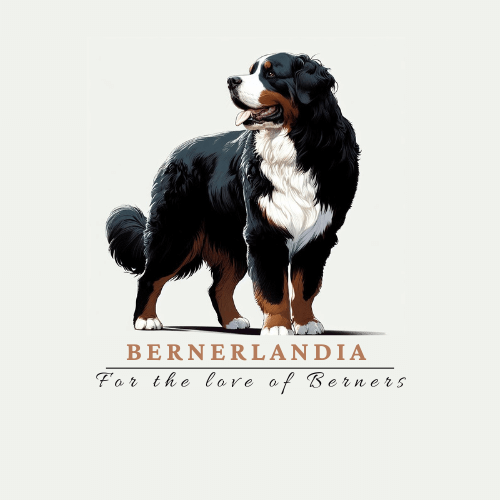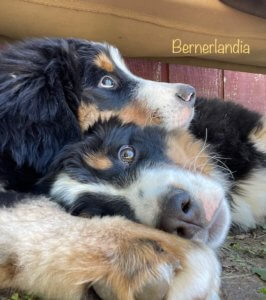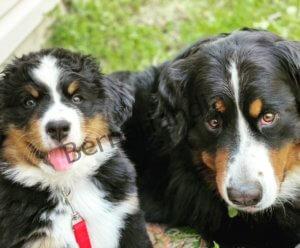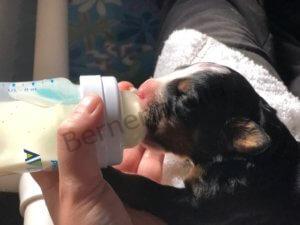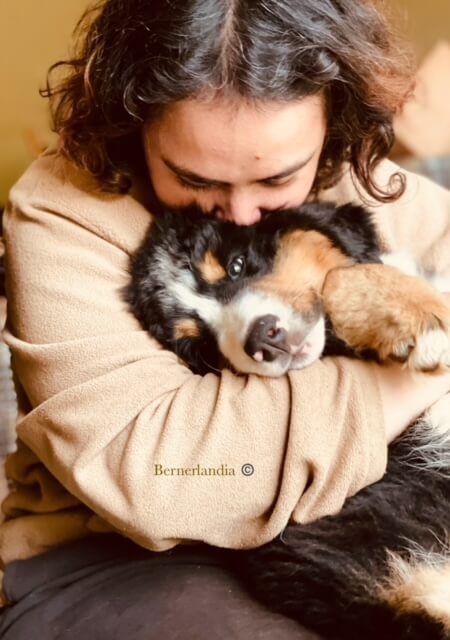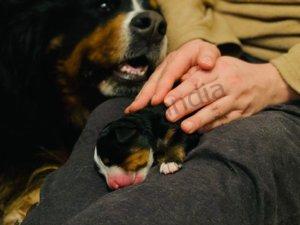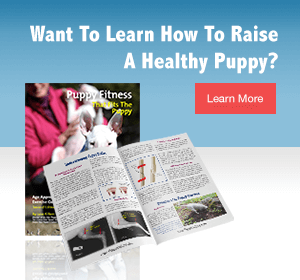In potty training terms: The 2 to 4 months old (up to 6 months) window is also known as: “The wet sock vortex”.
Before we talk about the vortex, let’s start with some crucial information. 2 month old (8 weeks) puppies sleep anywhere from 14 to 20 hours a day. It is incredibly important to let them rest. Their accelerated development uses enormous amounts of energy as their body and mind grow. Sleep allows the body to focus on this vital task.
Now that, that is out of the way…. Does the following scenario sound familiar?
6:45AM: *Puppy whines*
George gets out of bed:”O-M-G! I just stepped on something wet!”
*A moment of silence for another sock lost to the vortex*
Anyone that has owned a puppy is familiar with that particular scenario. Are we not? Even for seasoned trainers, tiny bladders are no small feat.
I remember talking with my mother about this particular subject. My aunt had just acquired a new German Shepherd puppy and was having trouble with potty breaking. My mom asked for advice. Here is what I said:
“Take the puppy out to pee every 15 to 20 minutes. If the puppy naps, take it outside to pee, even if you just took it out 2 minutes before the nap. If the puppy is grabbing a toy and pauses, take it outside to pee. If in doubt (you guessed it), take it outside to pee.”
My aunt didn’t like my solution since it required a lot of work. My mom asked if there was another way. “Unless they change animal anatomy, not really”.
Owners have a tendency to become really frustrated with the roller coaster that is potty training, and who wouldn’t? Nobody likes loosing socks to the vortex!
Here are a few key things to remember:
- Puppy bladders are TINY. Look at the size of your puppies head, cut that by half and then some, and you’ll have an idea of the size of their bladder.
- Puppies pee (and poop) because the brain receives a signal announcing it’s time to make some space. Signal hits, puppy squats. It is as simple as that. Remember: There is no impulse control.
- Due to the aforementioned, puppies (at this young age) do not soil things as revenge or mischievousness. They just have to go, and they go.
Individuality of puppy and household being what they are, make it impossible for me to cover every scenario, but in general:
- From 8 to 10 weeks, puppies have a 15 to 20 min bladder tolerance (time decreases by 5 min intervals depending on water intake). This provides an average of 30+ pee breaks a day (hang in there Mary!).
- From 10 to 12 weeks, you may add 5-15 min on bladder tolerance.
- From 12 to 14 weeks another 5-15 and so on so forth.
-
- Pups poop usually first thing after waking up, and due to the gastroenteric reflex, puppies are known to poop right after eating. Average of 4 to 8 poops per day (decreasing as they age).
- Pups poop usually first thing after waking up, and due to the gastroenteric reflex, puppies are known to poop right after eating. Average of 4 to 8 poops per day (decreasing as they age).
- It is extremely important to provide a feeding schedule. Large breed pups should be fed a minimum of 3 times a day. I prefer 4, why? smaller meals make for easier digestion, better absorption and constant supply of energy.
- Feeding schedule is very important since it aligns with pee / poo potty training schedule
- FYI: The smaller the breed, the smaller the bladder / colon space.
I know its a lot of trips outside Mary, but it’ll be worth it. Repetition becomes habit, and eventually, after A LOT of patience, and consistent trips outside, the wet sock vortex tends to be no more. Depending on intelligence, bladder retention, and owner diligence, puppies can be considered fully potty trained anywhere between 3 to 6 months. This of course varies, some pets tend to train their owners and can go all their lives never really being potty trained.
Potty training as tricky as it is, it does have a BFF known as crate training, which is our next part of the saga. Crate & Potty – The greatest BFF’s!
Until then, thank you for reading.
